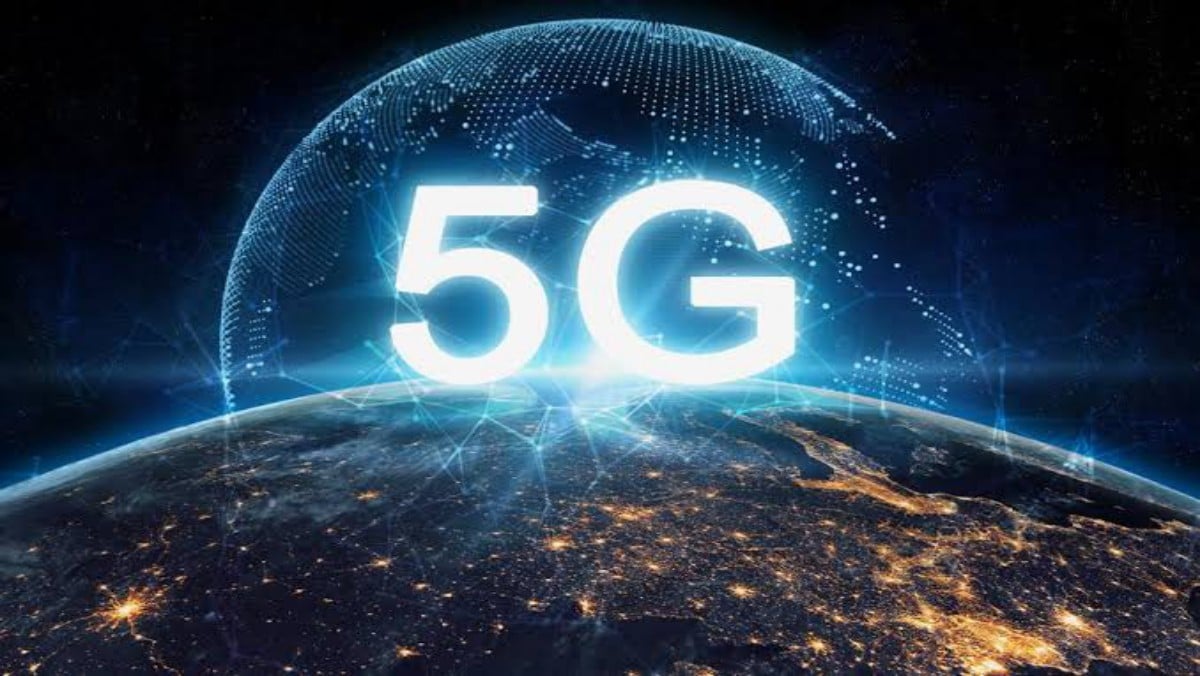Business
THREE THINGS YOU NEED TO KNOW ABOUT 5G NETWORKS.

From 2G to 3G, the evolution of has continued to 4G, the jump to 5G will mean faster speeds, lower latency, and many other benefits. It’ll be a major boost for businesses, gamers, live streamers and more. It could be a huge leap in other ways, too — 5G is so much faster than 4G, and has so much less latency, that it could become the platform for all sorts of new services.
In an article published by Techlinks, Here are three important things you need to know about 5G networks.;
1. SPEED; 5G Networks will be about 20 times faster than 4G networks on average. Deutsche Telekom tested a 5G network live at this year’s IFA. A speed of three gigabits per second was measured. Under ideal conditions, the 5G speed should in future reach up to 10 Gbit/s, which would enable you to download an entire HD film in less than a second.

- 2. LATENCY; The term latency refers to the specific period of time over which an individual user activity on one mobile device triggers a subsequent reaction, the ping, on another device. Self-driving cars are just one example of how important low latency is. When it comes to connected driving, data must be transmitted and a reaction triggered in real time, because decisions have to be made in fractions of a second. Only in this way can the car stop before hitting an obstacle or take evasive action. Think back to when you were learning to drive. The reaction time of a human between detecting a hazard and pressing the brake pedal is one second. An automobile doing 100 km/h travels around 28 meters in that time. An autonomous vehicle, which can analyze data with a latency of one millisecond, reacts 1,000 times faster than a human and can apply the brakes in under one centimeter. The average latency in the LTE network is around 50 milliseconds. 5G will substantially improve latency and data rates. Deutsche Telekom achieved a latency of three milliseconds with the first practical 5G trials in Germany. Researchers even set a record-breaking figure of one millisecond with tests in a laboratory environment. The aim is to guarantee the superfast reaction times of 5G on a permanent basis.
3. Are there any downsides to 5G?
While 5G technology is definitely a boon for the entire mobile infrastructure across the world, there are certain negatives or drawbacks of the technology as well. Privacy advocates worry that 5G could make it easier for law enforcement and others to track a person’s whereabouts with pinpoint precision as their phone connects to multiple cells. They also have concerns about its potential to greatly improve facial-recognition software.
There are also suggestions that deploying 5G network across a city would be like putting on a “global Microwave” across the city. According to Maja Iten, 5G networks would lead to soil erosion, heat the planet (that’s what microwaves do, they heat), depolarise water molecules casing heavy rain falls and floods), killsinsects, birds and other animals (already 70% reduction in some countries) and also damage the nervous system.
She also believes that it will lead to a massive number of sick people who will not be able to work anymore. However, conspiracy theories circulating online claiming that 5G signals have been linked to cancer have no basis in science.